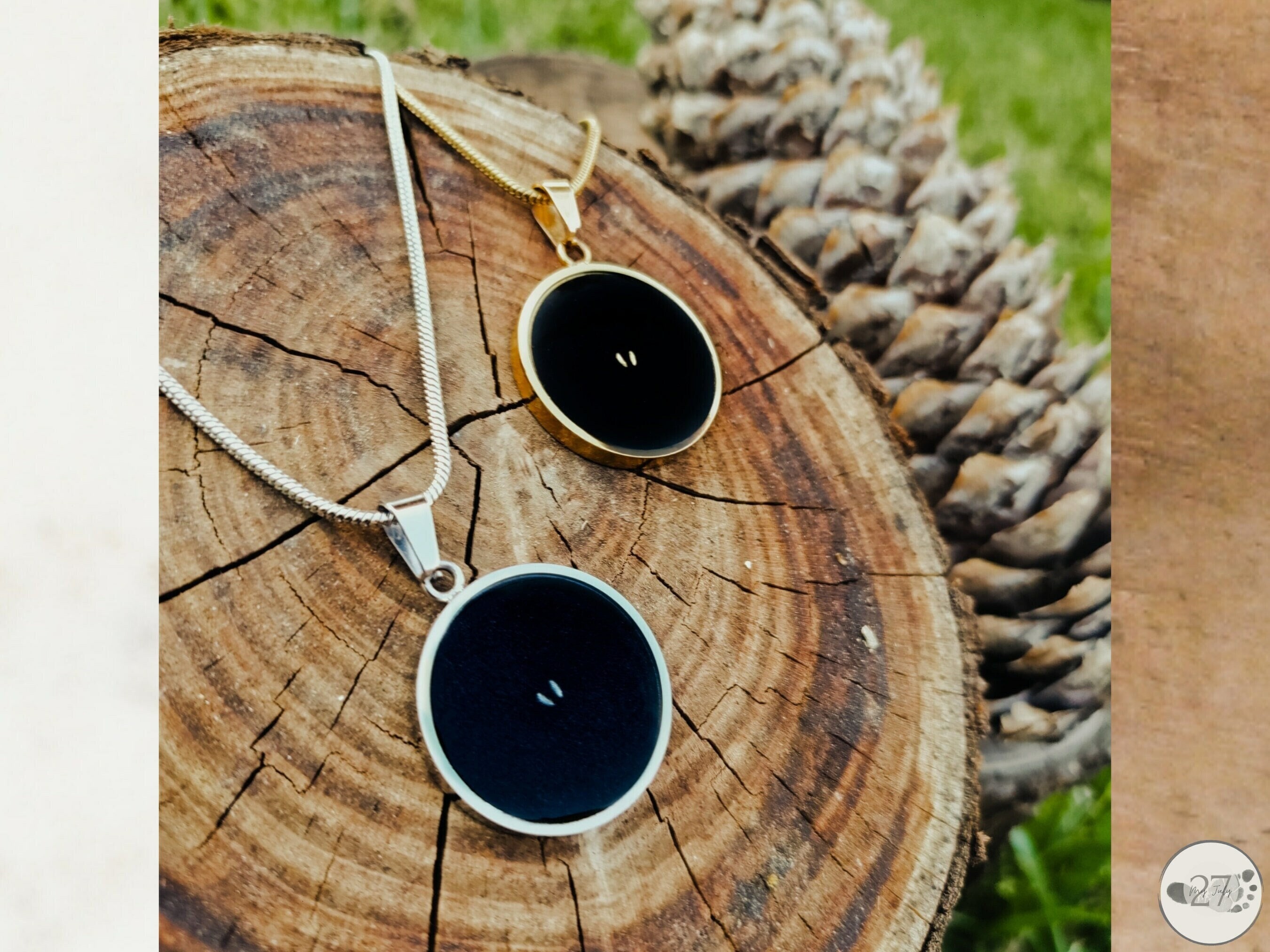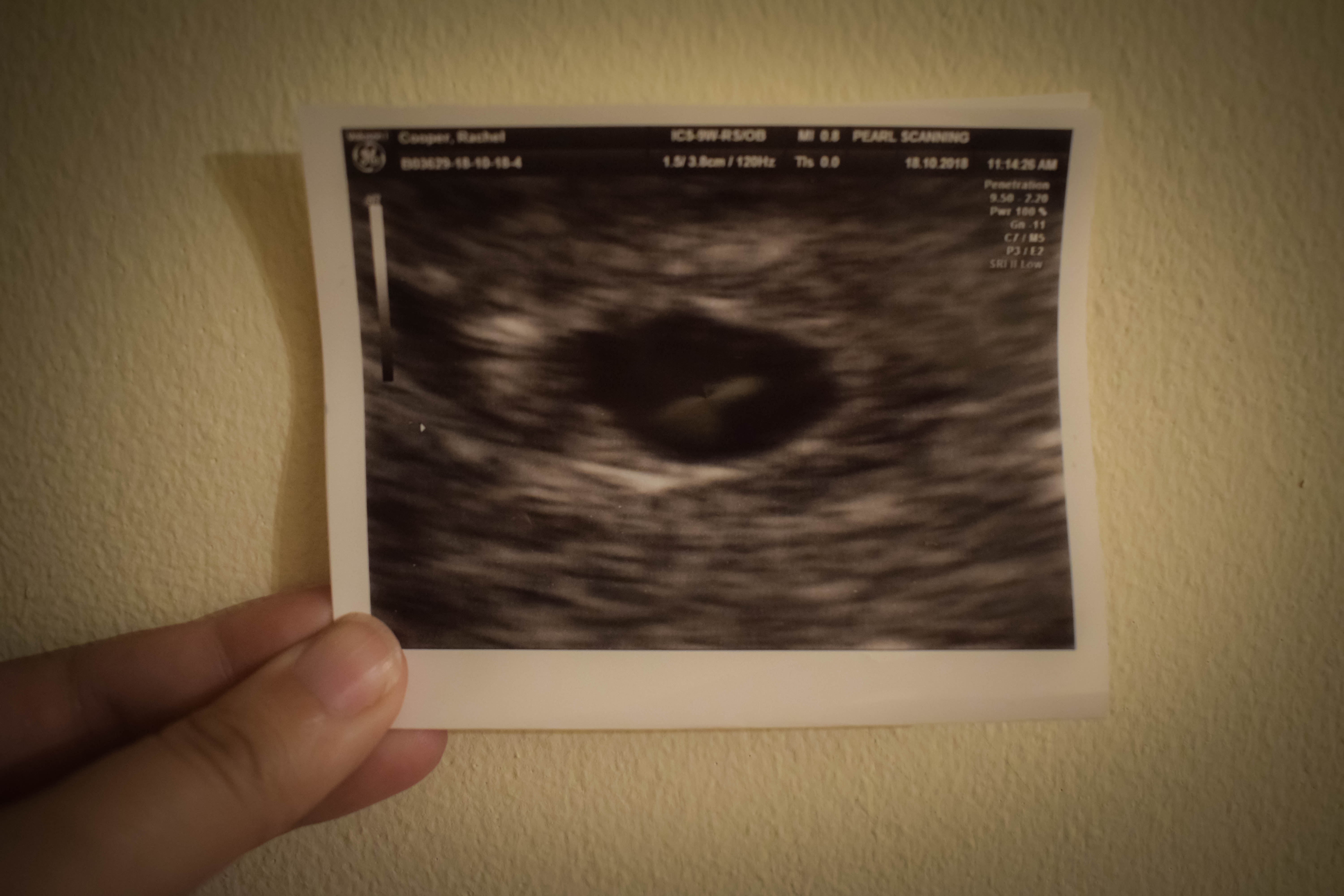Understanding 8 Week Miscarriage Pictures: A Compassionate Guide
Let’s be real, folks. Talking about 8 week miscarriage pictures isn’t easy. It’s sensitive, personal, and often a deeply emotional topic. But here we are, diving headfirst into this conversation because sometimes, you just need answers. Whether you’re experiencing this yourself or supporting someone who is, understanding what happens during a miscarriage at 8 weeks can be incredibly empowering. So, grab a cup of coffee, take a deep breath, and let’s break it down together.
First things first, if you’ve landed on this page, chances are you’re searching for clarity or support. And that’s okay. Miscarriages happen more often than people realize, but they’re rarely talked about openly. By exploring 8 week miscarriage pictures, we’re not only shedding light on the physical aspects but also addressing the emotional and psychological journey that comes with it.
Before we dive deeper, let’s set the tone. This isn’t just another article filled with clinical jargon. We’re here to provide real, actionable information while keeping it real. You won’t find any sugarcoating here—just honest, compassionate insights to help guide you through this tough time.
What Happens During an 8 Week Miscarriage?
Alright, let’s get into the nitty-gritty. At 8 weeks, your body is still in the early stages of pregnancy. The embryo is developing rapidly, and the placenta is starting to form. But sometimes, things don’t go as planned. An 8-week miscarriage occurs when the pregnancy stops developing or is lost around this time.
Now, you might be wondering, “What does it look like?” That’s where 8 week miscarriage pictures come in. These images can provide a visual reference for what to expect, but they’re not always easy to stomach. It’s important to approach them with caution and prepare yourself mentally before viewing them.
Physical Symptoms of an 8-Week Miscarriage
Every person’s experience is different, but there are some common signs to watch out for:
- Cramping or sharp pain in the lower abdomen
- Heavy bleeding, sometimes with clots
- Passing tissue from the vagina
- A sudden decrease in pregnancy symptoms (like nausea or breast tenderness)
Keep in mind that these symptoms can vary widely. Some women experience intense pain, while others may only notice light spotting. If you suspect you’re having a miscarriage, it’s crucial to seek medical attention right away.
Why Look at 8 Week Miscarriage Pictures?
Looking at 8 week miscarriage pictures might seem daunting, but for many, it’s a way to understand what’s happening in their bodies. Whether you’re preparing for a medical procedure or simply seeking clarity, these images can offer valuable insight.
That said, it’s important to approach this topic with care. Not everyone needs to see these pictures to process their experience. For some, reading about the process is enough. It’s all about finding what works best for you.
What Do 8 Week Miscarriage Pictures Show?
At 8 weeks, the embryo is about the size of a kidney bean and has started developing distinct features. In 8 week miscarriage pictures, you might see:
- A small, underdeveloped fetus
- Tissue that resembles clots or blood
- Remnants of the placenta or amniotic sac
These images can be intense, so it’s essential to prepare yourself emotionally before viewing them. If you’re unsure whether you’re ready, consider discussing your concerns with a healthcare provider or counselor.
Common Causes of Miscarriage at 8 Weeks
So, why does this happen? Miscarriages at 8 weeks are often caused by chromosomal abnormalities in the embryo. These issues can occur randomly and are usually out of the mother’s control. Other potential causes include:
- Hormonal imbalances
- Uterine abnormalities
- Infections
- Chronic health conditions (like diabetes or thyroid disorders)
It’s worth noting that most miscarriages are not caused by anything the mother did—or didn’t do. Guilt and self-blame are common reactions, but they’re often misplaced. Remember, you’re not alone in this, and it’s okay to seek support.
Can Stress Cause a Miscarriage?
This is a question many women ask, and the answer isn’t always clear-cut. While extreme stress might contribute to pregnancy complications, it’s rarely the sole cause of a miscarriage. That being said, managing stress through techniques like meditation, exercise, or therapy can be beneficial for both your physical and mental health.
What to Expect After an 8-Week Miscarriage
Recovering from a miscarriage involves both physical and emotional healing. Physically, you might experience:
- Continued bleeding for several days to weeks
- Mild cramping as your uterus returns to its pre-pregnancy size
- Changes in hormone levels that can affect your mood
Emotionally, the journey can be just as challenging. It’s normal to feel a wide range of emotions, from sadness and anger to relief or confusion. Allow yourself the space to process these feelings in your own time.
When Should You See a Doctor?
If you experience any of the following symptoms after an 8-week miscarriage, contact your healthcare provider immediately:
- Severe pain that doesn’t improve with over-the-counter pain relievers
- Heavy bleeding (soaking through more than one pad per hour)
- Fever or chills, which could indicate an infection
Your doctor can perform tests to ensure all the pregnancy tissue has been expelled and provide guidance on next steps.
Emotional Healing After a Miscarriage
Let’s talk about the elephant in the room: emotions. Miscarriage isn’t just a physical experience; it’s an emotional one too. Whether you’ve been planning for this pregnancy for years or it was unexpected, losing it can leave a lasting impact.
Some women find comfort in sharing their story with others who’ve gone through similar experiences. Online support groups, counseling, or even journaling can be powerful tools for processing grief. Remember, there’s no right or wrong way to feel—just your way.
How to Support Someone After a Miscarriage
If someone you care about has experienced a miscarriage, your support can make a world of difference. Here are a few tips:
- Listen without judgment. Sometimes, all someone needs is a safe space to express their feelings.
- Avoid clichés like “It was meant to be” or “You can always try again.” While well-intentioned, these phrases can come across as dismissive.
- Offer practical help, like cooking meals or running errands, to lighten their load during this tough time.
Your presence alone can be incredibly comforting, so don’t underestimate the power of simply being there.
Preventing Future Miscarriages
While not all miscarriages can be prevented, there are steps you can take to reduce your risk:
- Stay up-to-date with prenatal care
- Eat a balanced diet rich in folic acid and other essential nutrients
- Avoid smoking, alcohol, and drugs
- Manage stress and prioritize self-care
If you’ve experienced multiple miscarriages, your doctor may recommend further testing to identify any underlying issues. Don’t hesitate to ask questions and advocate for your health.
When Is It Safe to Try Again?
Recovering from a miscarriage takes time, both physically and emotionally. Most healthcare providers recommend waiting at least one to three menstrual cycles before trying to conceive again. This gives your body a chance to heal and ensures you’re ready for another pregnancy.
Resources and Support for Those Who Have Experienced Miscarriage
You don’t have to face this journey alone. There are countless resources available to help you through the grieving process:
- March of Dimes offers valuable information and support for families affected by pregnancy loss.
- RESOLVE: The National Infertility Association provides resources for those struggling with infertility and pregnancy loss.
- Local support groups or counseling services can connect you with others who understand what you’re going through.
Don’t hesitate to reach out for help when you need it. You deserve support during this difficult time.
Conclusion: Moving Forward After an 8-Week Miscarriage
As we wrap up this conversation, remember that you’re not alone. Experiencing a miscarriage at 8 weeks is heartbreaking, but it doesn’t define your worth or your future. By understanding 8 week miscarriage pictures and the process itself, you’re taking an important step toward healing.
We encourage you to share your thoughts, ask questions, or leave a comment below. Your voice matters, and your story deserves to be heard. For more information on pregnancy, miscarriage, and emotional wellness, explore our other articles or consult with a trusted healthcare provider.
Take care of yourself, and remember—you’re stronger than you think.
Table of Contents
Understanding 8 Week Miscarriage Pictures: A Compassionate Guide
What Happens During an 8 Week Miscarriage?
Physical Symptoms of an 8-Week Miscarriage
Why Look at 8 Week Miscarriage Pictures?
What Do 8 Week Miscarriage Pictures Show?
Common Causes of Miscarriage at 8 Weeks
Can Stress Cause a Miscarriage?
What to Expect After an 8-Week Miscarriage
Emotional Healing After a Miscarriage
How to Support Someone After a Miscarriage
Preventing Future Miscarriages
Resources and Support for Those Who Have Experienced Miscarriage
Conclusion: Moving Forward After an 8-Week Miscarriage

8 Week Miscarriage Necklace Miscarriage Keepsake Necklace for

Miscarriage By Week

Miscarriage No.2 8 week Update Roseyhome